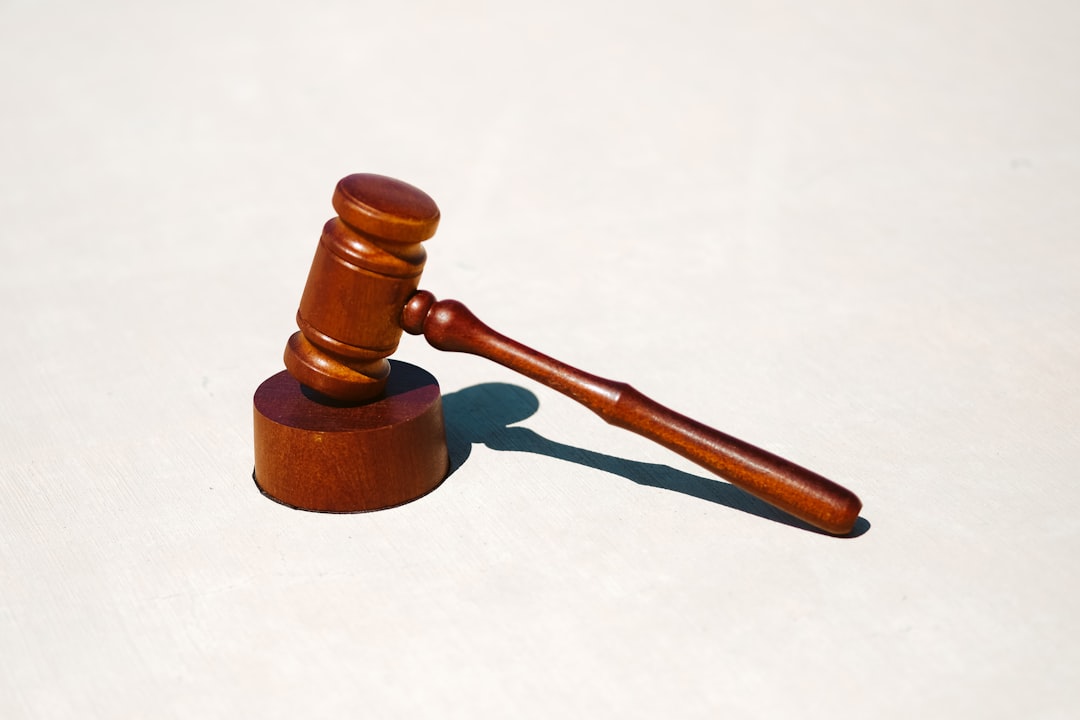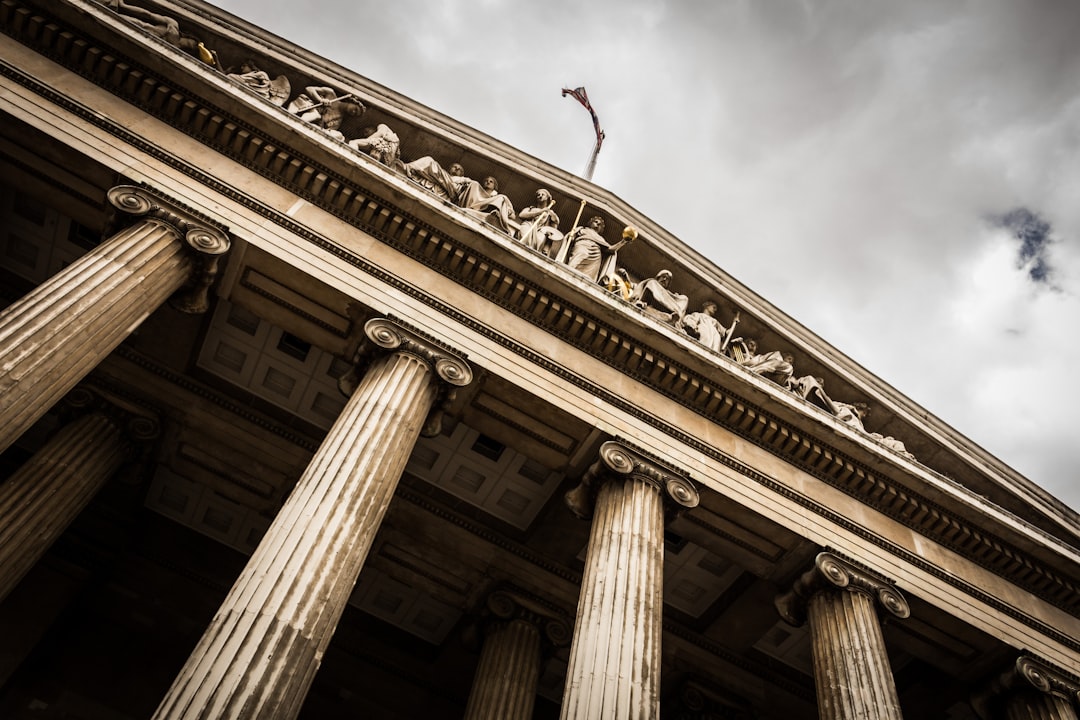DNA evidence has become a game-changer in criminal justice, especially for sexual assault cases in Seattle, WA. Skilled sexual assault attorneys leverage DNA analysis of biological material like hair or fluids to definitively link suspects to victims. This process involves stringent collection and storage methods to maintain evidence integrity. Advanced techniques in state-of-the-art labs identify genetic markers, providing crucial proof for attorneys to secure justice for clients. In Seattle, these attorneys are vital navigators of DNA evidence, ensuring fairness through strict protocol adherence, leading to quicker resolutions for survivors and due process for the accused.
In Seattle, WA, sexual assault cases, DNA evidence plays a pivotal role in seeking justice. This powerful tool assists sexual assault attorneys in building robust cases and ensuring accurate identification of perpetrators. Understanding how DNA evidence is collected, processed, and analyzed is crucial for legal professionals navigating these sensitive matters. This article explores these aspects, offering insights into the intricate process and its legal implications, specifically tailored to Seattle’s judicial landscape.
Understanding DNA Evidence: A Vital Tool in Sexual Assault Cases
DNA evidence has become an indispensable tool in the field of criminal justice, particularly in sexual assault cases. For sexual assault attorneys in Seattle, WA, understanding and effectively utilizing this scientific data can significantly impact the outcome of their client’s trials. Every trace of biological material left at a crime scene, such as hair, skin cells, or bodily fluids, carries unique genetic information that can link a suspect to the victim.
In the context of sexual assault cases, DNA evidence provides irrefutable proof of identity and can establish beyond a reasonable doubt that a specific individual committed the act. This is especially crucial in Seattle, where sexual assault attorneys often face complex legal battles. The expertise of these lawyers lies in interpreting and presenting this scientific evidence to juries, ensuring that it is understood and accepted as compelling proof.
The Process of DNA Evidence Collection and Analysis
In sexual assault cases, DNA evidence collection and analysis play a pivotal role in justice. The process begins with meticulous collection procedures to ensure the integrity of the evidence. This involves securing the scene, wearing protective gear, and using specialized kits to gather samples such as bodily fluids or skin cells from various locations relevant to the case. These samples are then stored in secure containers under controlled conditions to prevent contamination.
Once collected, DNA analysis is conducted at state-of-the-art laboratories by trained specialists. They employ advanced techniques like polymerase chain reaction (PCR) to amplify and identify specific genetic markers. By comparing these markers against databases or known samples, they can establish a link between the evidence and the suspect. This critical step requires precision and expertise, which is why sexual assault attorneys in Seattle, WA, often rely on DNA evidence as a strong tool in their pursuit of justice for their clients.
Legal Aspects: Using DNA Evidence in Seattle Sexual Assault Trials
In Seattle, sexual assault attorneys play a pivotal role in navigating the complex legal landscape surrounding DNA evidence. The introduction of DNA testing as a routine procedure in criminal investigations has significantly impacted sexual assault cases. This scientific approach provides powerful evidence that can either exonerate or strongly link an individual to a crime scene, ensuring fairness and accuracy in trials.
When DNA evidence is collected and processed properly, it becomes a compelling tool for prosecutors and sexual assault attorneys alike. These legal professionals must ensure the integrity of the evidence, adhering to strict protocols and guidelines to maintain its admissibility in court. Effective use of DNA analysis can lead to quicker resolutions in sexual assault cases, offering justice and closure to survivors while also safeguarding the rights of the accused.





